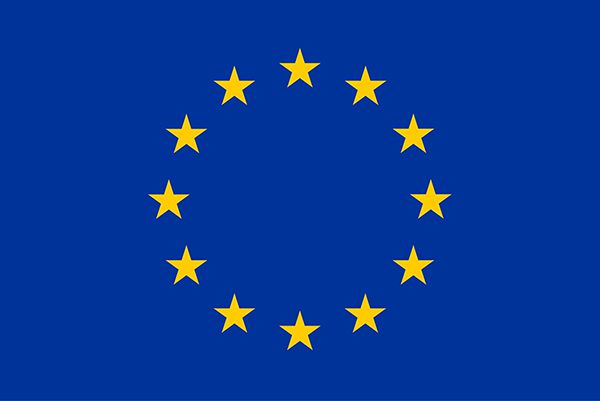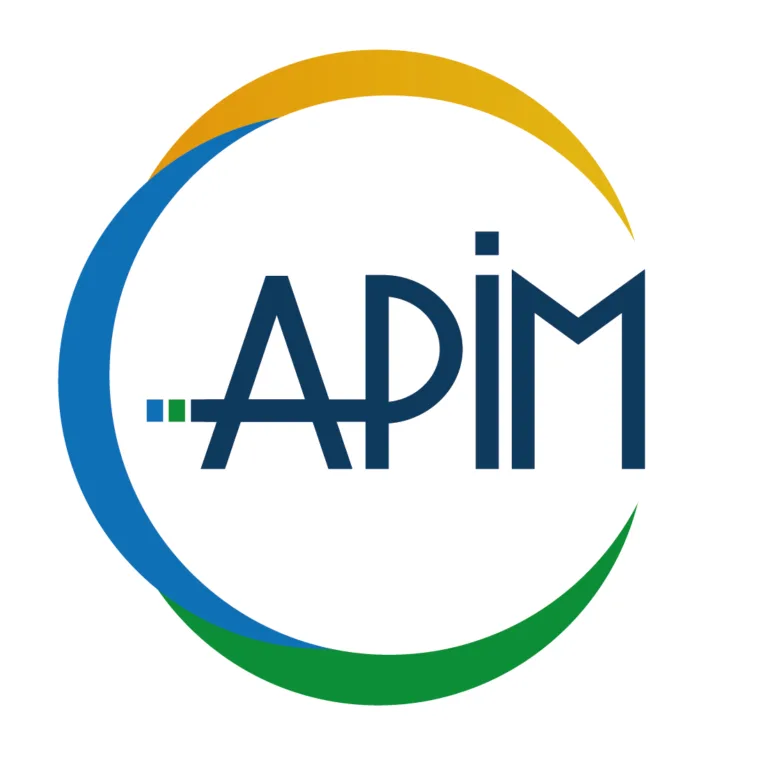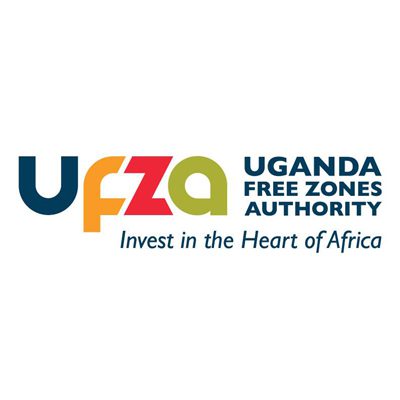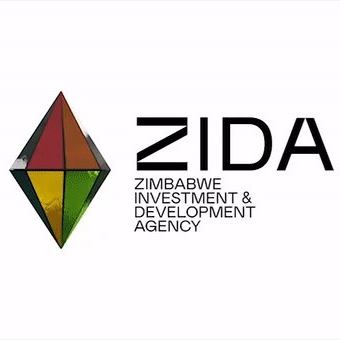ProdAfrica - Non African Business Details
VERIFIED LISTINGProfile
The European Union: A Brief History 🇪🇺
The European Union (EU) is a political and economic union of 27 member states located primarily in Europe. It was established with the aim of promoting peace, stability, and prosperity in the continent. Let’s take a journey through its fascinating history:
🔹 Origins: The EU’s foundations can be traced back to the aftermath of World War II. In 1950, French Foreign Minister Robert Schuman proposed the creation of a supranational organization to integrate European coal and steel industries, aiming to prevent another devastating war between European nations. This led to the establishment of the European Coal and Steel Community (ECSC) in 1951, which included six founding members: Belgium, France, Germany, Italy, Luxembourg, and the Netherlands.
🔹 Treaties and Expansion: The desire for further integration led to the signing of the Treaty of Rome in 1957, establishing the European Economic Community (EEC) and the European Atomic Energy Community (EURATOM). Over the years, the EU expanded its membership through successive waves of enlargement. Notable milestones include the entry of the United Kingdom, Denmark, and Ireland in 1973, the fall of the Berlin Wall and subsequent reunification of Germany in 1990, and the admission of several countries from Central and Eastern Europe in 2004.
🔹 Maastricht Treaty and Eurozone: In 1992, the Maastricht Treaty transformed the EEC into the European Union, adding new areas of cooperation, such as foreign policy and justice. The treaty also paved the way for the creation of a single currency, the euro, which was introduced in 1999. The eurozone, a subset of EU member states using the euro, plays a vital role in the EU’s economic integration and stability.
🔹 Lisbon Treaty and Institutional Changes: The Lisbon Treaty, signed in 2007 and came into force in 2009, aimed to streamline decision-making and strengthen the EU’s institutions. It enhanced the powers of the European Parliament, created the position of President of the European Council, and established the High Representative of the Union for Foreign Affairs and Security Policy. These changes aimed to make the EU more efficient and responsive to the challenges of the 21st century.
🔹 Shared Policies and Objectives: The EU has developed a wide range of policies and initiatives to promote cooperation among member states. These include the common agricultural policy, regional development programs, environmental protection measures, and the Schengen Area, which allows for passport-free travel across most EU countries. The EU also plays a significant role in trade negotiations and has signed numerous free trade agreements with countries around the world.
🔹 Ongoing Challenges and Future: The EU faces ongoing challenges, such as managing migration, addressing economic disparities among member states, and navigating geopolitical shifts. In recent years, issues like Brexit, the COVID-19 pandemic, and climate change have tested the EU’s resilience and unity. However, the EU continues to adapt and seek solutions to these challenges, guided by the principles of solidarity, democracy, and the rule of law.
The European Union remains a unique experiment in regional integration, fostering peace and cooperation among its diverse member states. While its history is filled with successes and challenges, the EU continues to evolve and strive for a better future for all Europeans. 🌍🤝
Our Products / Services (list)
Freedom of Movement: One of the fundamental principles of the EU is the free movement of people, goods, services, and capital within its member states. EU citizens have the right to live, work, study, and retire in any EU country, as well as access to healthcare, education, and social security benefits across borders.
Erasmus+ Program: The EU's Erasmus+ program promotes education, training, and youth development. It offers opportunities for students, teachers, and young professionals to study, train, or volunteer abroad, fostering cultural exchange and enhancing skills and employability.
Consumer Protection: The EU works to ensure consumer safety, fair competition, and the protection of consumer rights. It establishes common standards for product safety, enforces regulations on unfair commercial practices, and provides mechanisms for resolving consumer disputes, such as the European Consumer Centre Network.
European Health Insurance Card (EHIC): EU citizens can obtain an EHIC, which grants them access to necessary healthcare when temporarily visiting another EU country. The card covers medically required treatment under the same conditions as the host country's residents.
Funding and Grants: The EU offers various funding programs to support research, innovation, regional development, and social projects. Examples include Horizon Europe for research and innovation, the European Regional Development Fund (ERDF) for regional investments, and the European Social Fund (ESF) for promoting employment and social inclusion.
Common Agricultural Policy (CAP): The CAP ensures food security, supports sustainable agriculture, and promotes rural development. It provides financial assistance to farmers, regulates agricultural markets, and implements measures to protect the environment and rural communities.
Schengen Area: The Schengen Area, consisting of 26 European countries, allows for passport-free travel, making it easier for EU citizens to explore and work within these countries without border controls.
Euratom: The European Atomic Energy Community (Euratom) promotes the peaceful use of nuclear energy within the EU. It ensures the safety and security of nuclear materials, supports research and innovation in the nuclear sector, and establishes cooperation agreements with non-EU countries.
Eurostat: Eurostat is the statistical office of the European Union. It collects, analyzes, and disseminates statistical data on various topics, including the economy, population, environment, and social issues. This data is crucial for evidence-based policymaking and decision-making.
Policy Coordination and Decision-Making: The EU facilitates coordination and decision-making among its member states through various institutions and bodies, such as the European Commission, the European Parliament, and the Council of the European Union. These entities work together to develop and implement EU policies and regulations.




